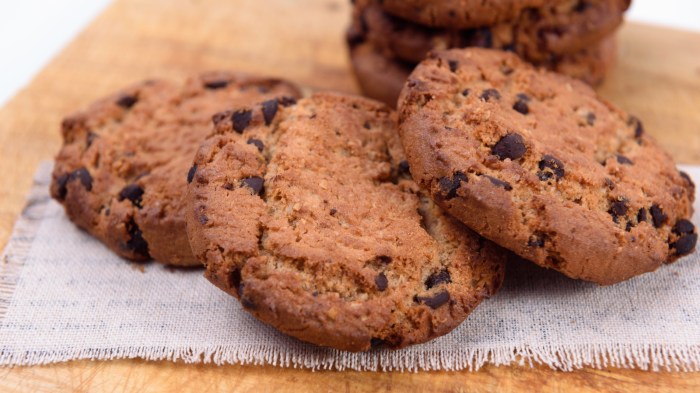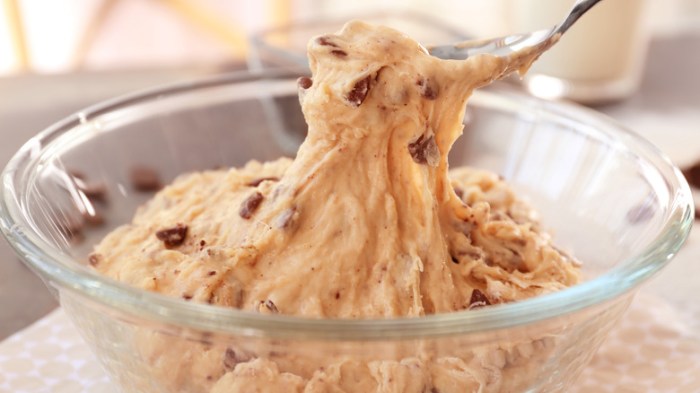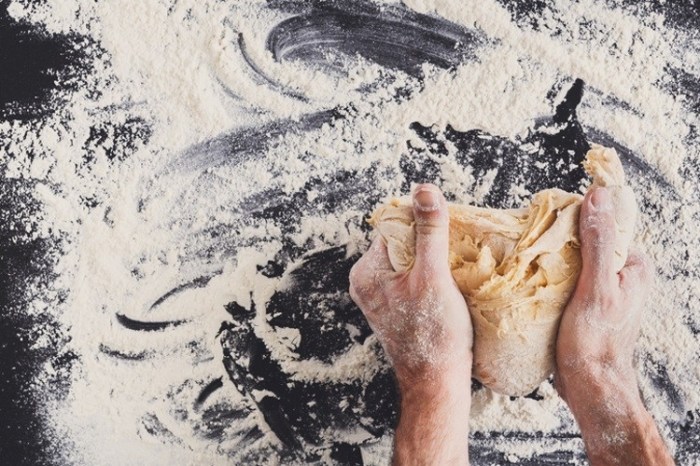Dough which contains many strengtheners – Delving into the realm of dough strengtheners, this exploration unravels the intricate relationship between these additives and the properties of dough, culminating in their profound impact on the quality of bread. From their diverse types and functions to their influence on dough rheology and bread characteristics, this discourse provides a comprehensive examination of dough strengtheners, empowering bakers with the knowledge to harness their potential for exceptional baking outcomes.
Dough Strengtheners
Dough strengtheners are additives that improve the strength and elasticity of dough, making it more resistant to tearing and collapse during proofing and baking. They can be natural or synthetic and play a crucial role in determining the quality of the final bread product.
Types of Dough Strengtheners
- Natural Dough Strengtheners:These include vital wheat gluten, soy flour, and whey protein. They provide additional protein and gluten to the dough, strengthening the gluten network.
- Synthetic Dough Strengtheners:These include ascorbic acid (vitamin C), potassium bromate, and calcium propionate. They work by oxidizing the dough, which strengthens the gluten bonds and improves dough stability.
Impact of Dough Strengtheners on Dough Properties
- Increased Strength and Elasticity:Dough strengtheners enhance the dough’s ability to stretch and hold its shape, preventing it from tearing or collapsing.
- Improved Gas Retention:They strengthen the gluten network, allowing the dough to trap more carbon dioxide gas produced during fermentation, resulting in a more voluminous loaf.
- Reduced Stickiness:Dough strengtheners reduce the stickiness of the dough, making it easier to handle and shape.
Dough Rheology

Dough rheology refers to the flow and deformation properties of dough under stress. It is influenced by factors such as flour composition, water content, and the presence of dough strengtheners.
Rheological Properties of Dough
- Elasticity:The ability of dough to return to its original shape after deformation.
- Viscosity:The resistance of dough to flow under stress.
- Extensibility:The ability of dough to stretch without breaking.
Influence of Dough Strengtheners on Dough Rheology
- Increased Elasticity:Dough strengtheners increase the elasticity of the dough, making it more resistant to deformation.
- Reduced Viscosity:They reduce the viscosity of the dough, making it easier to work with.
- Improved Extensibility:Dough strengtheners improve the extensibility of the dough, allowing it to be stretched further without breaking.
Impact of Dough Rheology on Bread Quality
- Volume:Dough with good elasticity and extensibility produces a loaf with a larger volume.
- Texture:Dough with high viscosity produces a bread with a dense, chewy texture.
- Crumb Structure:Dough with balanced elasticity and extensibility produces a bread with an even, fine crumb structure.
Bread Quality
Dough strengtheners play a significant role in determining the quality of the final bread product.
Impact of Dough Strengtheners on Bread Texture
- Softness:Dough strengtheners improve the softness and elasticity of bread, making it more enjoyable to eat.
- Crust:They help develop a crispy, golden-brown crust.
- Crumb Structure:Dough strengtheners contribute to a uniform, fine crumb structure, preventing the formation of large holes or a crumbly texture.
Impact of Dough Strengtheners on Bread Crumb Structure, Dough which contains many strengtheners
- Shelf Life:Dough strengtheners extend the shelf life of bread by inhibiting staling, which is the process of bread becoming stale and dry.
- Flavor:They enhance the flavor of bread by promoting the development of desirable flavors during fermentation and baking.
- Nutritional Value:Some dough strengtheners, such as soy flour, can increase the nutritional value of bread by providing additional protein and fiber.
Applications in Baking

Dough strengtheners are widely used in baking to improve the quality of various bread products.
Applications in Different Bread Products
- White Bread:Dough strengtheners are essential in white bread to provide structure and prevent it from becoming crumbly.
- Whole Wheat Bread:They enhance the strength of whole wheat dough, which is typically weaker due to the presence of bran and germ.
- Sourdough Bread:Dough strengtheners can improve the elasticity and gas retention of sourdough dough, resulting in a loaf with a better volume and texture.
Benefits of Using Dough Strengtheners in Baked Goods
- Improved Loaf Volume:Dough strengtheners allow the dough to trap more gas during fermentation, leading to a larger loaf.
- Enhanced Crumb Structure:They contribute to a uniform, fine crumb structure, preventing the formation of large holes or a crumbly texture.
- Extended Shelf Life:Dough strengtheners inhibit staling, prolonging the shelf life of baked goods.
Case Studies

Numerous case studies have demonstrated the benefits of using dough strengtheners in baking.
Improved Bread Quality with Vital Wheat Gluten
A study conducted by the American Institute of Baking found that adding vital wheat gluten to bread dough significantly improved its volume, crumb structure, and texture. The bread exhibited a softer crumb, a more even crumb structure, and a longer shelf life.
Enhanced Gas Retention with Ascorbic Acid
Another study published in the Journal of Food Science showed that incorporating ascorbic acid into dough enhanced gas retention during fermentation. The resulting bread had a larger volume, a more uniform crumb structure, and a softer texture.
Challenges and Limitations
While dough strengtheners offer numerous benefits, it is important to consider potential challenges and limitations:
- Overuse:Excessive use of dough strengtheners can lead to a tough, rubbery texture in bread.
- Cost:Synthetic dough strengtheners can be more expensive than natural alternatives.
- Health Concerns:Some synthetic dough strengtheners, such as potassium bromate, have raised health concerns and are banned in certain countries.
FAQ Explained: Dough Which Contains Many Strengtheners
What are the primary functions of dough strengtheners?
Dough strengtheners serve to enhance dough strength, elasticity, and stability, allowing for better gas retention, improved crumb structure, and extended shelf life in baked products.
How do dough strengtheners influence dough rheology?
Dough strengtheners modify the viscoelastic properties of dough, increasing its resistance to deformation and improving its ability to withstand mechanical stress during processing.
In what ways do dough strengtheners contribute to improved bread quality?
Dough strengtheners promote the formation of a stronger gluten network, resulting in a more uniform crumb structure, enhanced texture, and increased loaf volume.